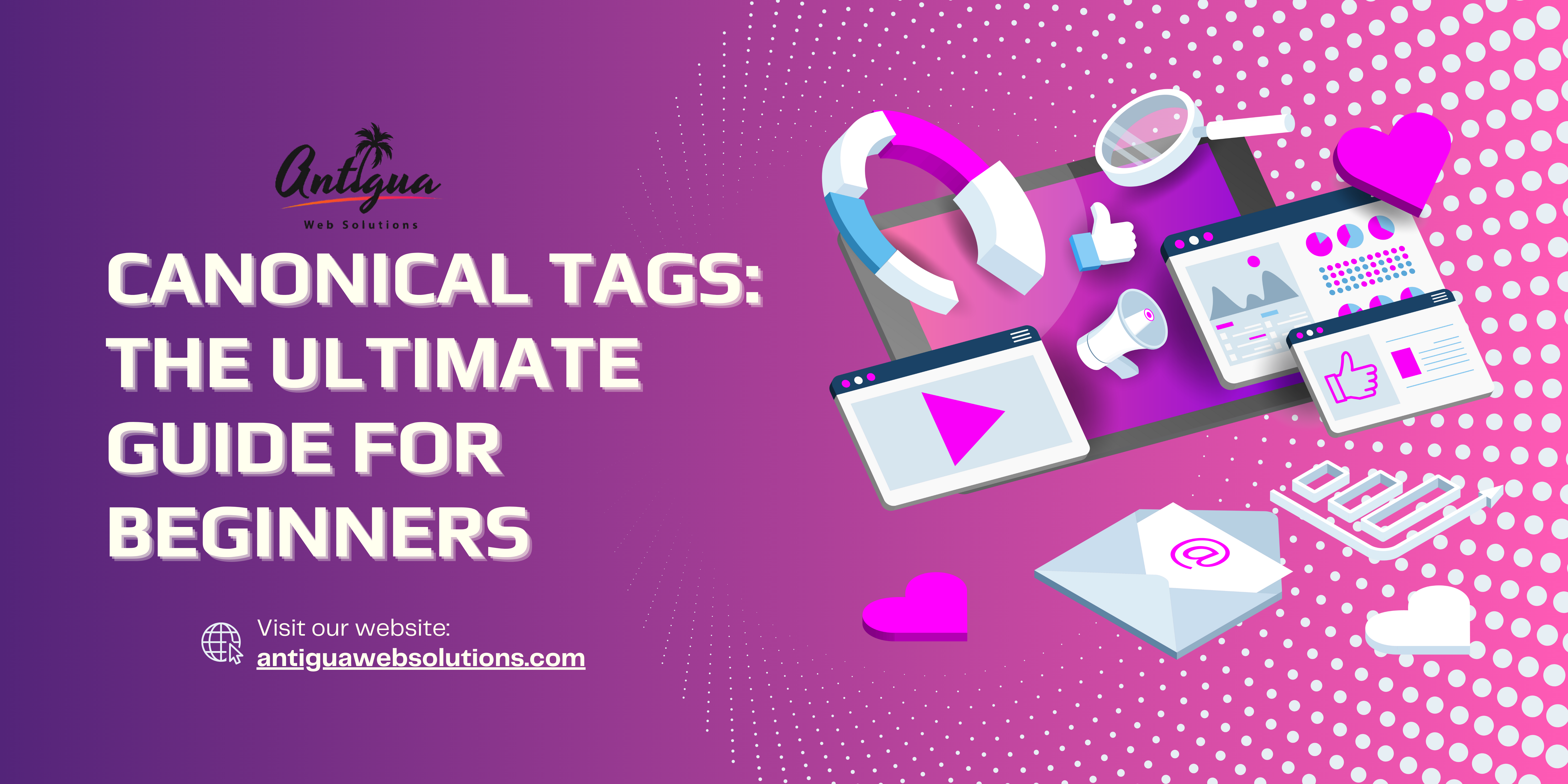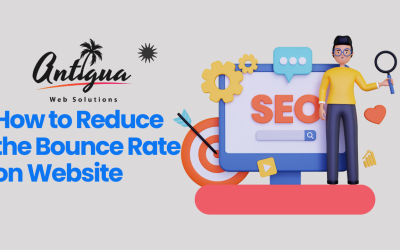In the world of SEO, managing duplicate content is a vital aspect of ensuring your website ranks well and provides a seamless user experience. One of the most powerful tools to handle this issue is the canonical tag. But what is a canonical tag, and how can you use it to your advantage?
This comprehensive guide will explain the canonical tag meaning, its implementation, and best practices, helping you optimize your website for better rankings in 2025.
What is a Canonical Tag?
A canonical tag is an HTML attribute used to indicate the preferred version of a webpage when there are multiple pages with similar or identical content. It tells search engines which URL should be treated as the primary version, consolidating ranking signals and avoiding duplicate content penalties.
Simply put, the canonical tag definition is a directive for search engines to prioritize one version of a webpage over others.
Why Are Canonical Tags Important for SEO?
Duplicate content can confuse search engines, leading to reduced crawl efficiency, diluted link equity, and lower rankings. Here’s how canonical SEO tags help:
- Consolidate Ranking Power: Links pointing to duplicate pages are attributed to the canonical version, boosting its authority.
- Prevent Duplicate Content Issues: Search engines focus on the specified canonical page, avoiding penalties for duplicate content.
- Efficient Crawling: Search engines use their crawl budget more effectively by indexing only the canonical version.
Canonical Tag Meaning and Usage
The tag canonical is implemented using the following HTML code:
This tells search engines that “https://www.example.com/preferred-page/” is the authoritative version of the page.
When Should You Use Canonical Tags?
1. Similar Content Across Multiple Pages
For example, an e-commerce site may have different URLs for the same product, such as:
- example.com/product?color=red
- example.com/product?color=blue
A canonical tag can point to the main product page, e.g., example.com/product.
2. Content Syndication
If your content is published on multiple platforms, use canonical tags to direct search engines to the original page.
3. Pagination
For paginated series, use canonical tags to consolidate ranking signals on the main page.
Best Practices for Using Canonical Tags
- Use Self-Referencing Tags:
Ensure every page includes a self-referencing canonical tag to specify itself as the preferred version. - Prioritize HTTPS:
If your site supports both HTTP and HTTPS, always canonicalize to the HTTPS version. - Absolute URLs:
Always use absolute URLs in your canonical tags to avoid confusion. - Cross-Domain Canonicalization:
If your content is syndicated on another domain, ensure they implement canonical tags pointing to your original page. - Noindex vs. Canonical Tags:
Use noindex for pages you don’t want indexed and canonical tags for similar content that should rank.
Common Mistakes to Avoid
- Multiple Canonical Tags:
Having more than one canonical tag on a page can confuse search engines. - Incorrect URLs:
Double-check that the canonical tag points to the correct preferred URL. - Ignoring Dynamic URLs:
For URLs with tracking parameters or session IDs, canonical tags should point to the clean version of the page.
Canonical Tags vs. Hreflang
While canonical tags specify the primary page, hreflang tags indicate alternate versions of the page for different languages or regions. Use them together carefully to avoid conflicts.
Advanced Tips for 2025
- AI-Generated Content:
As AI-generated content becomes prevalent, use canonical tags to consolidate duplicate variations of similar content. - Mobile-First Indexing:
Ensure mobile and desktop versions of your site have consistent canonical tags to avoid indexing issues. - Schema Markup Integration:
Combine canonical tags with structured data to enhance your site’s SEO visibility.
Conclusion
Canonical tags are an essential component of any SEO strategy, helping you manage duplicate content effectively and boost your site’s rankings. By understanding what canonical tags are and implementing them correctly, you can improve your site’s visibility and user experience.
At Antigua Web Solutions, we specialize in advanced SEO strategies, including the effective use of canonical SEO tags. Optimize your website for 2025 and beyond with our expert guidance.
Let us know if you need help taking your SEO to the next level!





